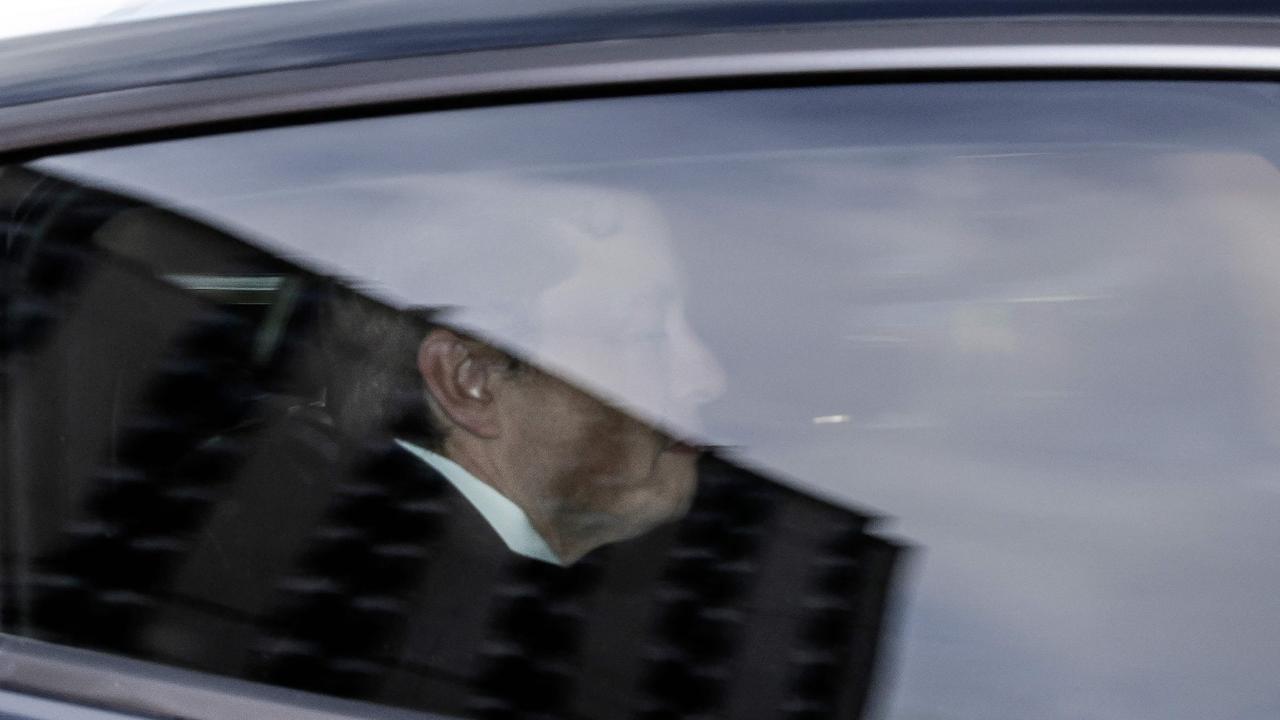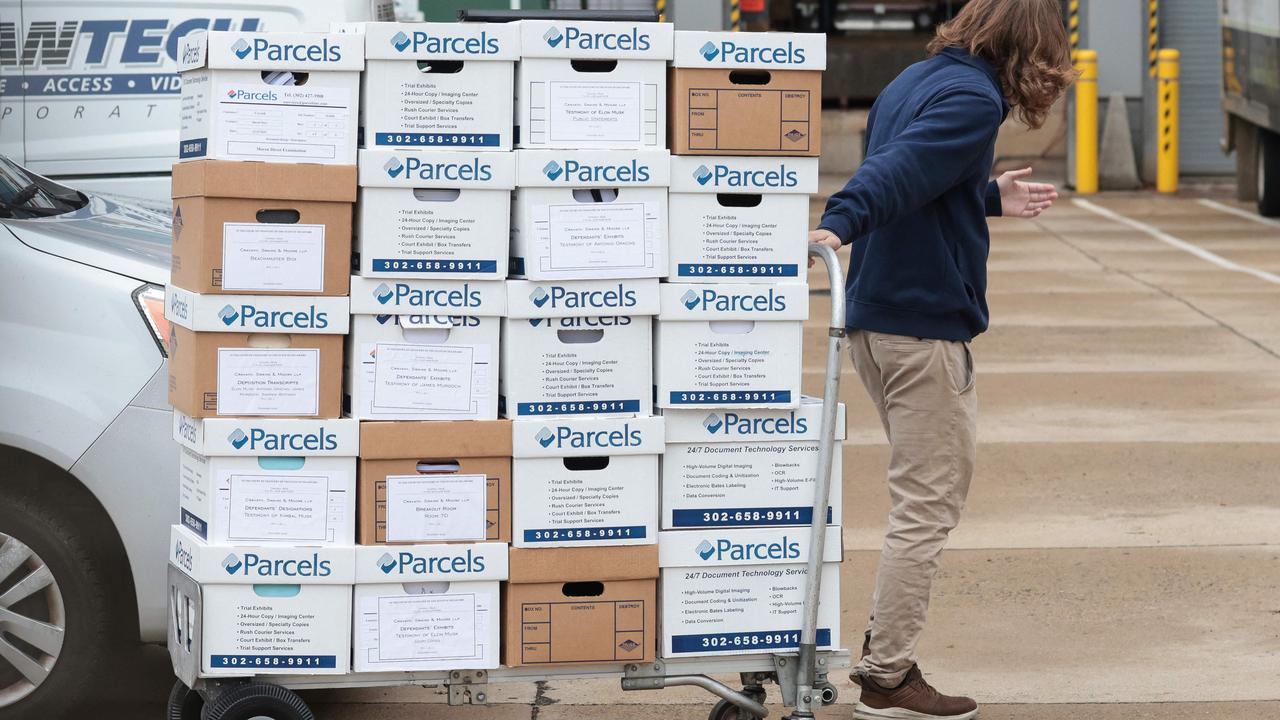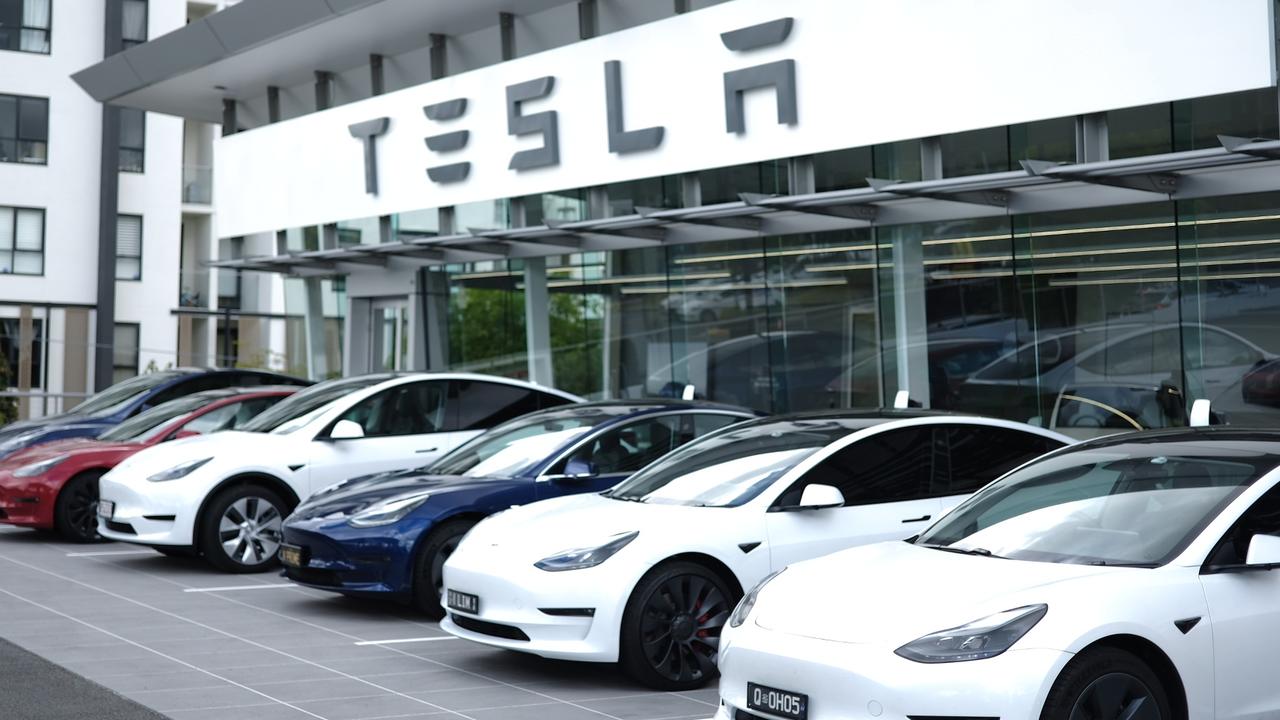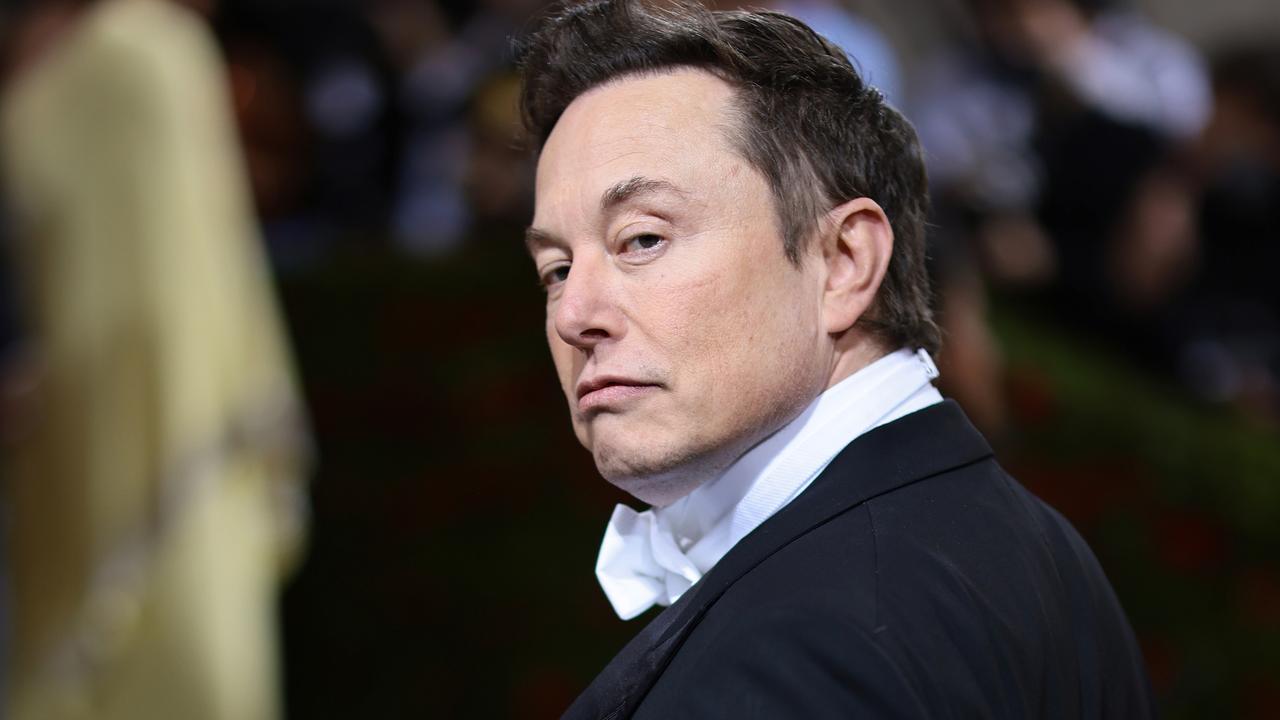Elon Musk reveals he will eventually quit as Twitter CEO and find a replacement
Elon Musk says he will reduce the amount of time he spends at Twitter and eventually find a new boss for the social media company.
Tesla tycoon Elon Musk says he doesn’t want to be CEO of any company and will eventually be replaced as the head of Twitter.
Speaking in court on Wednesday as he defended his $US50 billion (A$74.6 billion) pay package as CEO of the electric vehicle giant, Mr Musk said the current arrangement at Twitter would be temporary.
“I expect to reduce my time at Twitter and find somebody else to run Twitter over time,” he said.
An organisational restructuring could take place this week.
Mr Musk and Tesla are on trial over the 2018 pay package the company granted him, making him the richest person on Earth.
Regarding his huge pay packet at Tesla, he argued that the pioneering company was on the verge of collapse when the deal was agreed.
Musk is being sued, along with Tesla and some board members, by a shareholder who accuses them of improperly signing off on “the largest compensation package ever awarded to an executive”. Around 2018, when the pay deal was approved, investors “thought we would fail and go bankrupt,” Mr Musk told a courtroom in Wilmington, Delaware.
“We were in quite a tough position at the time. We were losing a lot of money … The probability of survival was extremely low,” he said.

Mr Musk testified in the same Delaware court where he faced a lawsuit by Twitter to ensure he went through with his buyout of the social platform.
The $US44 billion ($A65 billion) purchase of Twitter has put the South African billionaire under intense scrutiny after he conducted massive lay-offs, provoked concern among advertisers, and struggled to control a surge of fake accounts.
Mr Musk arrived discreetly at the hearing in a black Tesla, which parked at the back of the courthouse in a tent set up for the occasion.
A few minutes later, wearing a black suit and tie, he passed through security to enter the building.

‘Unjustified enrichment’
The Tesla case is based on a complaint by shareholder Richard Tornetta, who accused the defendants of failing in their duties when they authorised the pay plan.
Mr Tornetta alleges that Mr Musk dictated his terms to directors, who were not sufficiently independent from their star CEO to object to a package worth around $51 billion (A$75.6 billion) at recent share prices.
He also accuses Mr Musk of “unjustified enrichment” and has asked for the annulment of a pay program that helped make the entrepreneur the richest man in the world.

The lawsuit says that Mr Musk wasn’t even working full time for Tesla, as he is also the head of the space company SpaceX and the start-ups Neuralink and The Boring Company.
Mr Musk countered that investors in Tesla were some of the “most sophisticated in the world” and able to keep tabs on his management.
He said Tesla had been the laughing stock of the auto industry, and it was only the massive success of the company’s Model 3 that proved electric cars were the future.
“They thought electric vehicles were a joke. When the Model 3 started taking market share, they changed their plans,” he said, defending his vision for the company.
According to a legal filing, Mr Musk earned the equivalent of $US52.4 billion (A$77.7 billion) in Tesla stock options over four and a half years after virtually all of the company’s targets were met.
Mr Musk insisted that he played no role in coming up with the package nor discussed his deal with the board members, some of them close friends, who ultimately signed off on it.

The non-jury trial began on Monday with testimony from Ira Ehrenpreis, head of the compensation committee on Tesla’s board of directors, who said the targets set were “extraordinarily ambitious and difficult”.
Mr Ehrenpreis argued that the board wanted to spur Mr Musk to focus on Tesla at a time when the company was fighting to gain traction.
The trial, which will run through Friday, was presided over by Judge Kathaleen McCormick, the same judge who was to preside over the dropped Twitter case.
There is no deadline for her decision which could take months. She largely let questioning by lawyers for Mr Musk and the plaintiff proceed uninterrupted, but jumped in when she found the tycoon’s answers rambling.
“We can all listen to this all day because it’s very interesting, but I don’t think it was responsive to the question, which I’ve now forgotten,” she said.





